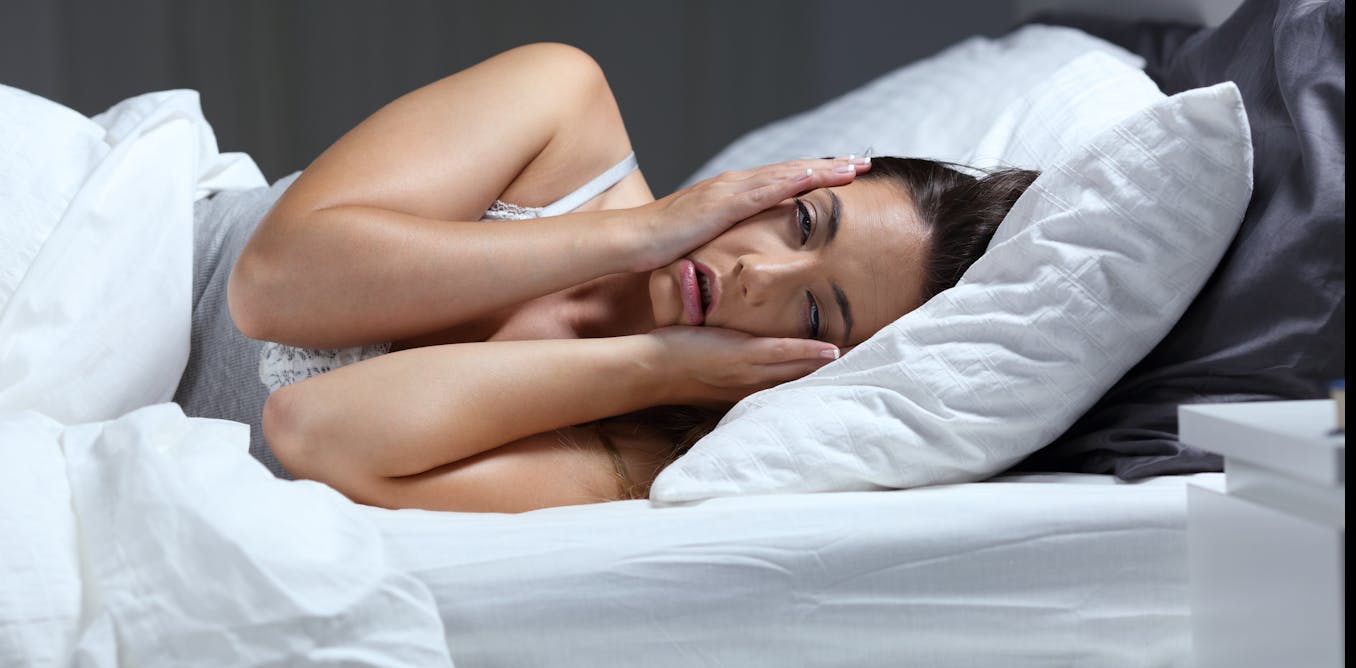No-sleep Challenge: The Dangers of Sleep Deprivation
The Rise of the No-sleep Challenge
Many of us will be familiar with the feeling of tiredness after a restless night’s sleep. However, some social media users have taken this to the extreme by participating in what they call a “no-sleep challenge.” One such attempt was made by a 19-year-old YouTuber, Norme, who live-streamed his attempt to break the world record for consecutive days without sleep. Despite finishing with a “no sleep” time of 264 hours and 24 minutes, Norme’s ordeal did not beat the Guinness World Record holder Robert Mcdonald, who accumulated 453 hours (almost 19 days) of wakefulness in 1986.
The Risks of Sleep Deprivation
While it may seem like a short period of time, 24 hours of sleep deprivation can cause a significant degree of functional impairment, comparable to being just over the drink-drive limit. Symptoms of acute sleep deprivation can include puffy eyes, dark under-eyes, irritability, cognitive decline, brain fog, and food cravings. During the second day without sleep, symptoms increase in intensity and behavioral changes occur, accompanied by a further decline in cognitive functions.
The Long-term Consequences
Prolonged sleep deprivation can lead to a desperate urge to sleep, increasing the likelihood of longer microsleeps, depersonalization, and hallucinations. Once into the fourth day of sleeplessness, all symptoms become much worse, progressing to sleep deprivation psychosis, where an individual is unable to interpret reality and possesses a painful desire to sleep.
Recovery from Sleep Deprivation
Recovery from sleep deprivation varies from person to person, with a solid overnight sleep being enough for some to recover. However, studies have shown that recovery sleep often does not reverse the metabolic changes that can cause weight gain and a decrease in insulin sensitivity, even from relatively short periods of sleep deprivation.
Shift Work and Sleep Deprivation
Shift workers can be continually sleep-deprived, typically averaging one-to-four hours less sleep per day than people whose work time falls within daylight hours. This can increase their risk of early death. In fact, many studies have shown that too little sleep is associated with an increased risk of death, while too much sleep has also been linked to an increased risk of death.
The Importance of Good Sleep Hygiene
It’s essential for our health to avoid the no-sleep challenge and instead prioritize good sleep hygiene. This includes getting seven to nine hours of quality sleep per night. A solid night’s sleep can help our bodies recover from the physical and mental demands of the day, enabling us to function at our best. Neglecting our sleep can have severe consequences, including increased risk of depression, diabetes, obesity, heart attack, hypertension, and stroke.
Conclusion
Sleep is an essential part of our daily routine, and neglecting it can have severe consequences for our physical and mental health. While it may be tempting to participate in the no-sleep challenge or neglect our sleep due to social media pressure, it’s crucial to prioritize good sleep hygiene and avoid sleep deprivation.
FAQs
Q: How many hours of sleep is necessary for adults?
A: Adults should aim for more than seven hours of sleep per night on a regular basis.
Q: What are the risks of acute sleep deprivation?
A: Symptoms of acute sleep deprivation can include puffy eyes, dark under-eyes, irritability, cognitive decline, brain fog, and food cravings.
Q: What are the long-term consequences of sleep deprivation?
A: Prolonged sleep deprivation can lead to a desperate urge to sleep, increasing the likelihood of longer microsleeps, depersonalization, and hallucinations, eventually progressing to sleep deprivation psychosis.
Q: How does shift work affect sleep?
A: Shift workers can be continually sleep-deprived, typically averaging one-to-four hours less sleep per day than people whose work time falls within daylight hours.
Q: Can sleep deprivation be reversed?
A: Recovery from sleep deprivation varies from person to person, and a solid overnight sleep is often enough for some to recover. However, studies have shown that recovery sleep often does not reverse the metabolic changes that can cause weight gain and a decrease in insulin sensitivity.
Recommended Products:
-

Boiron SleepCalm Kids Sleep Aid for Deep, Relaxing, Restful Nighttime Sleep – Melatonin-Free and Non Habit-Forming – 80 Pellets per Tube – 4 Total Tubes Sleep Calm
$19.35 Buy Now -

Force Factor Somnapure 3-Pack, Drug-Free Sleep Aid for Adults for Occasional Sleeplessness with Melatonin & Valerian, Non-Habit-Forming Sleeping Pills, Fall Asleep Faster, 180 Tablets
$52.37 Buy Now -

Sleep Patches, 60 Blue Bell Sleep Patches for Adults Extra Strength, Natural Plant Ingredients of Sleep Patch, Skin-Friendly & Last All Night
$19.99 Buy Now



